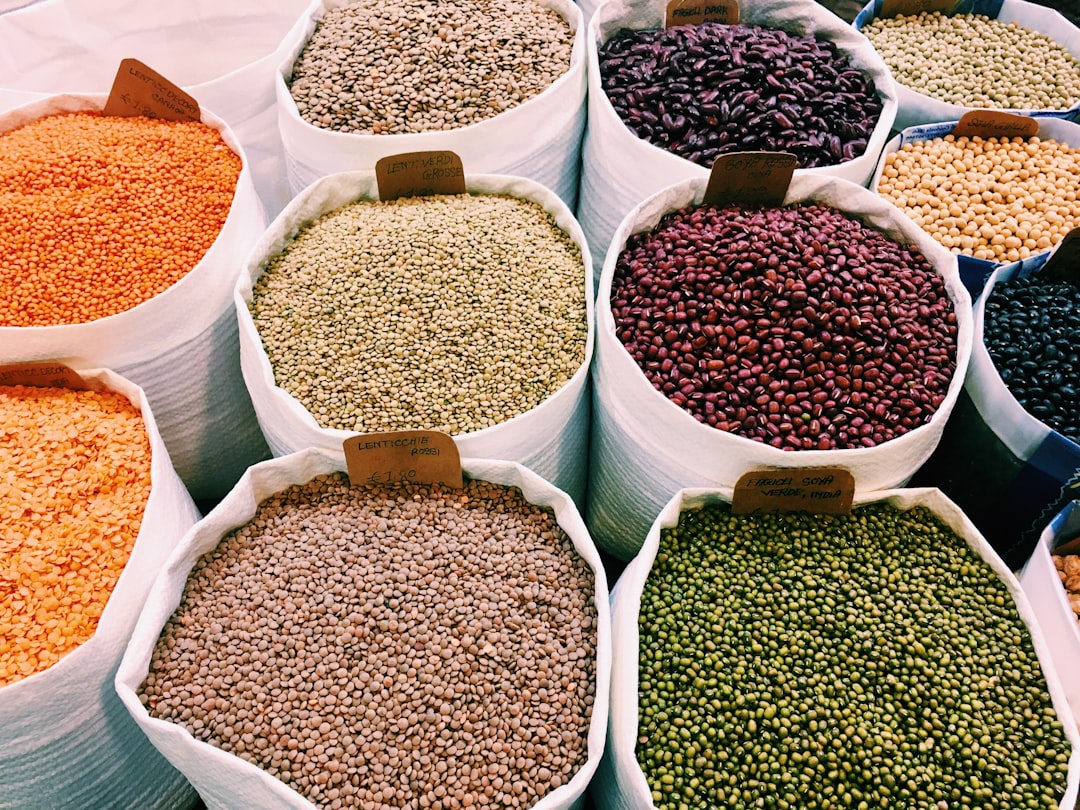Ottawa’s announcement that it is shutting down trade talks with India until India cooperates with the investigation into the murder of a Khalistani terrorist on Canadian soil last June is about much more than it appears.

Prime Minister Trudeau is putting the Canada-India trade relationship in greater jeopardy for reasons that are unrelated to trade: First, Trudeau wants to make foreign interference the issue. India may or may not be responsible for the demise of Hardeep Sing Nijjar. But openly blaming India makes Trudeau appear to be doing something on the foreign interference file. However, China has been the main source of election interference, from which the Liberals have profited the most yet the prime minister was unwilling to do much about it. Recall how many times Trudeau falsely denied knowing anything about Chinese interference in Canadian elections until he was finally forced to admit it.
Subscribed
Shutting down trade talks with India also strengthens the Liberal-NDP governing marriage in Ottawa. But a harder look shows a facade to conceal Trudeau’s mishandling of the India file on several fronts and may, as a bonus, also be a way to punish Scott Moe and hurt Saskatchewan’s interests, impairing that province’s ability to develop greater markets for its products.
The announcement gives the impression that Trudeau is in the driver’s seat, putting (empty) conditions on India. But after five years, Trudeau has not managed to overcome India’s reaction to his disastrous trip to that country in 2018. That was the trip in which Trudeau played dress up, parading in Indian garb like an unidimensional Bollywood character. But the fawning effect he expected did not materialize. India has a proud culture and saw Trudeau’s performance as the offensively condescending circus that it was. Instead, Indians from Himachal Pradesh to Kerala mocked and ridiculed the cultural appropriation of this entitled white man.
Trade talks that had been going on for a decade were suspended in early August this year, right before Trudeau visited India for the G20. That trip was also a disaster but for different reasons, and it culminated with the prime minister’s plane sitting immobile on the tarmac unable to fly.
The oblique announcement by Mary Ng places a condition on resuming the trade talks, knowing well that India is not interested in cooperating with a Canadian “investigation.” Indians are aware that Prime Minister Trudeau already prejudiced any existing process. Trudeau did just that when he hastily and undiplomatically, connected India to the Nijjar killing right from the Floor of the House of Commons on September 18, without producing any concrete evidence.
To date, Prime Minister Trudeau has presented no evidence to support his grave allegation. Granted, a good deal of it may be cloak-and-dagger spy info and one may not be able to reveal openly that type of evidence. But that is what makes Trudeau’s public accusations that much worse. Trudeau poured gasoline into the decaying but fiery relationship in full knowledge that he would not be able to present evidence or walk back the accusation. It was a way to strangle the talks without saying that he wanted to strangle the trade talks.
Whatever we might think, in the regular world in which most of us live it is considered inappropriate and unethical to accuse people of grave crimes without presenting evidence. In the delicate world of diplomacy, the accusation amounted to the detonation of a hand grenade in close quarters.
In the Westminster tradition to which Prime Ministers Trudeau and Modi belong, politicians know not to comment on active criminal investigations –and the investigation into the Nijjar’s murder had not been closed. Doing so, especially in the way Trudeau did, is to interfere, or appear to interfere, in matters of justice. For all that Trudeau tries to lecture India about the rule of law, executive interference in questions of justice, real or perceived, is a violation of the rule of law conventions. No one will be surprised to hear that Trudeau is again doing what he accuses opponents of doing.
That unethical move damaged an already tenuous relationship between Prime Minister Modi and Trudeau and set the stage for India to evict 41 diplomats from Canada’s mission in India. Despite Trudeau saying that he does not want to escalate the damage he caused with the scandalous accusation, shutting down trade talks escalates it.
The condition placed by Trudeau upon India is therefore disingenuous and performative but has the potential to cause damage in the long run. As the G20 visit showed, India has no great interest in dealing with Trudeau, whom PM Modi regards as an immoral and vacuous buffoon (Italians have used the same word to refer to our head of government), but is willing to retain a professional attitude. Whether Modi is right or wrong isn’t the point.
The point is that no one who is accused without evidence in so public a manner would agree to cooperate in an investigation with an accuser showing animosity for the accused. To boot, the accuser blatantly disregards procedural ethics, violates basic principles of natural justice, and has already declared the accused guilty.
Ng’s announcement is an admission of Trudeau’s failure to fix the tense relationship. Trudeau is not likely to admit that a good deal of the existing tension goes back to 2018. We know from experience that this prime minister does not readily admit to his mistakes. It should be embarrassing to Canadians that so much of Canada’s domestic and foreign policy is carried out in attempts to protect from bruising the fragile ego of its head of government.
To read the full column, please visit and join our Substack here.


Share Your Thoughts